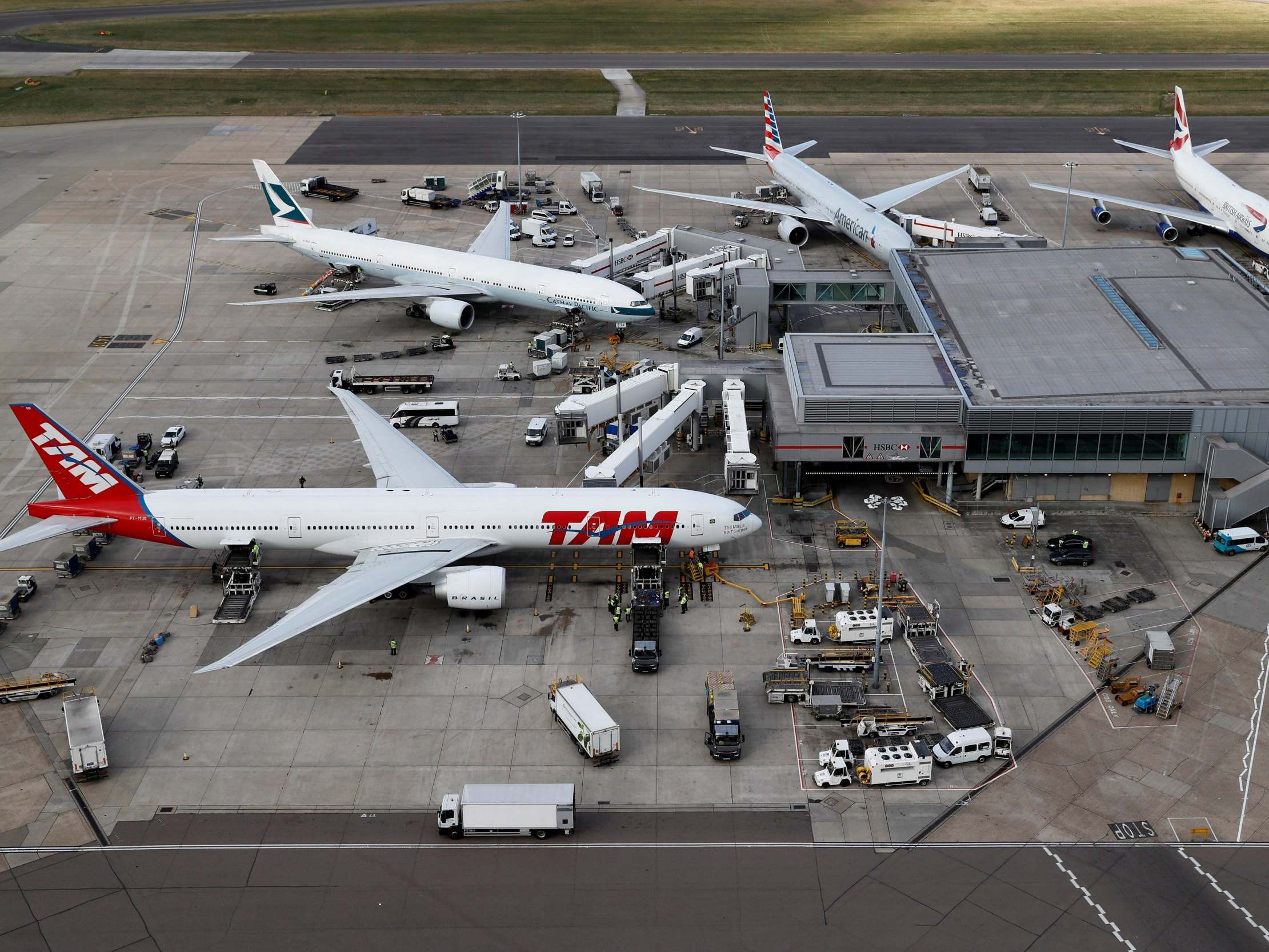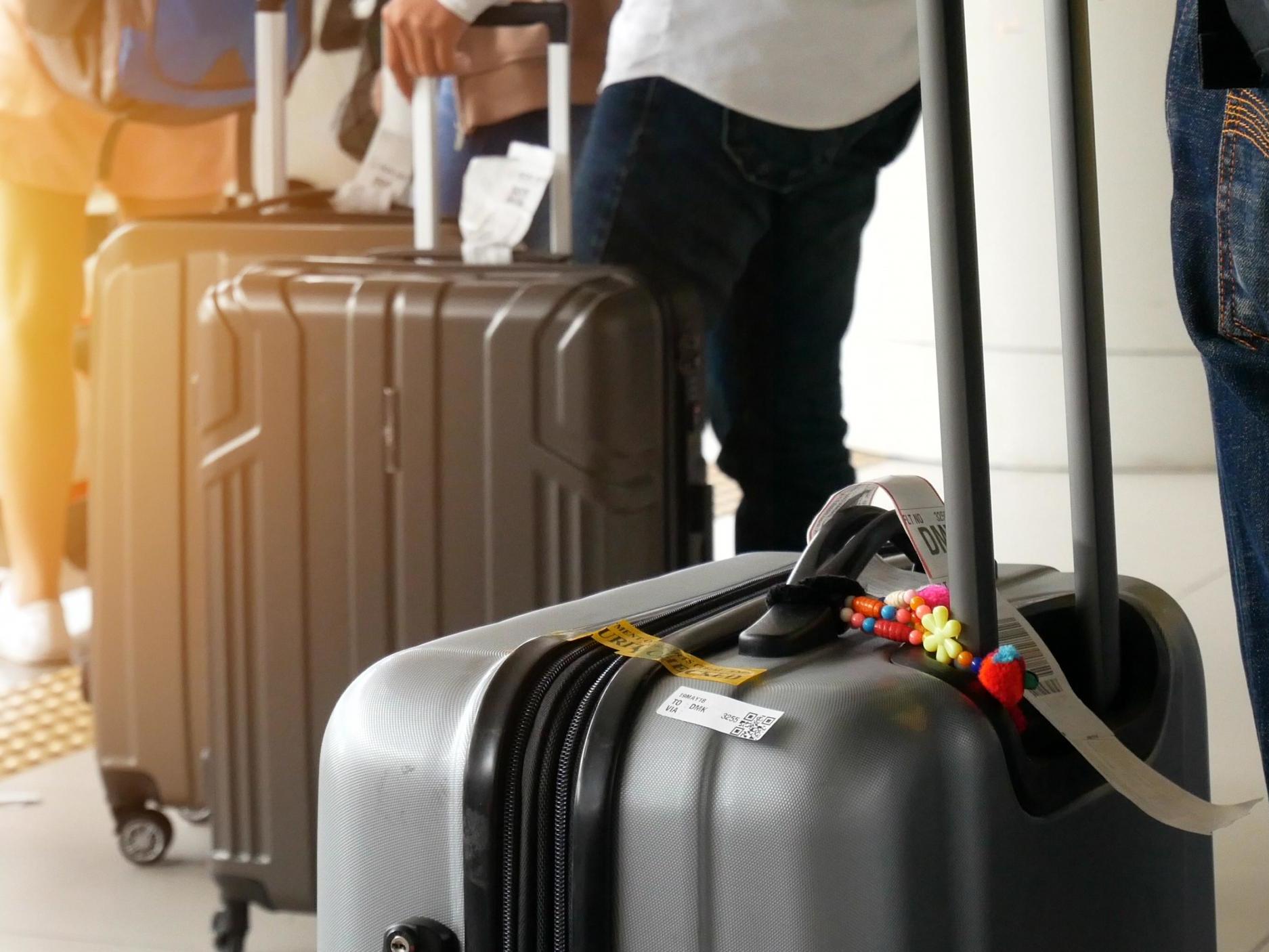Insurance, industrial action and overbooked flights
Got a question? Our expert, Simon Calder, can help


Q Can you help me with an non-standard travel insurance query? I am going to New York next month for a personal celebration. I was planning to go with British Airways. Their flexible/refundable ticket is about £2,300, which is a bit much, so I will probably book a £600 non-refundable ticket as late as I can. In the unlikely case the event is cancelled for reasons beyond my control (eg weather or technical problems) after I have booked the non-refundable ticket, is there any insurance which will cover me? I have heard in the US they have something called “any reason cancellation insurance” but it doesn’t seem to be available in the UK. Any advice you can give would be greatly appreciated.
Mark W
A First, I need your help if you can source August flights between London and New York on British Airways for £600. The best deal I can find is almost £700 return, and that is from Gatwick rather than Heathrow. Hand-baggage only, too, but with BA that should not be a problem with an allowance of 46kg. Cheaper deals are available on Norwegian from Gatwick, close to that £600 figure – but without a significant luggage allowance, and neither free inflight meals nor drinks. Any reason cancellation insurance has been offered intermittently and, as far as I can tell, unprofitably in the UK.
Deciding not to make the journey for personal or professional reasons, known as “disinclination to travel”, is excluded by all standard travel insurance policies. The insurers know anyone who buys it probably has a good reason why they might not be able to travel, and therefore such cover – when available – tends to be (a) very expensive and (b) with a high excess attached. Typically only half the cost of the trip might be refunded. So I suggest you hold off booking until a day or two ahead when you will be able to assess the weather, etc. You might end up paying £100 or so more than by booking a week before travel, but you can regard that sum as an insurance premium.

Q We are very concerned to hear about planned industrial action at Heathrow airport on 5 August, the date we are due to fly to Corfu with British Airways. How do you foresee this unfolding? Should we try to change our date of travel or departure airport? If we are unable to travel are we entitled to a refund from Travel Republic, our tour operator?
Alison K
A The Unite union has warned it will “shut down” Heathrow airport on six days this summer with a series of strikes involving 4,000 workers – including engineers, drivers and, crucially, security guards.
They are set to stage industrial action on Friday 26 and Saturday 27 July, Monday 5, Tuesday 6, Friday 23 and Saturday 24 August, in a dispute over pay.
I am sorry to be the bearer of more bad news, but 5 August also happens to be the first day that British Airways pilots could be on strike if a ballot, which ends on 22 July, is in favour of industrial action in a dispute over pay.
At this stage it is impossible to say if either or both strikes will go ahead. My view is that a settlement is likely to be found for the Unite/Heathrow airport; over the years many strikes by ground staff have been threatened at UK airports, but talks have generally found an agreement. If the stoppages do go ahead, the main issue will be in staffing security checkpoints on some of the busiest days of the summer.
The BA pilots’ dispute is more difficult to assess. History indicates that ballots for industrial action among flight crew tend to get a large majority in favour of strikes.
Talks last week hosted by Acas between the airline and the British Airline Pilots’ Association (Balpa) broke down, though they may begin again. Nine out of 10 pilots working for BA belong to Balpa, but experience suggests that not all of them would strike. In addition British Airways is sourcing alternative aircraft and crews. At this stage no airline or holiday company will allow you to change or cancel on the basis of the mere threat of a strike.
So I can offer no certainty – except to say that if your flight is affected, BA is legally obliged to find you an alternative flight as swiftly as possible. But if your holiday cannot go ahead as planned, for example because there are no suitable flights available for days – then Travel Republic will provide a full refund.

Q I know you are a fan of airlines overbooking. But I know only too well how distressing it is to be refused boarding at the last minute after all the planning and preparation that goes in to booking a holiday. Airlines should not be allowed to oversell. Perhaps you are too frequent a flyer to realise the stress and upset it causes?
Will R
A My view is that overbooking, when handled properly, is rational, and it is beneficial for passengers and the planet. In theory, selling more tickets for a flight than there are seats on the plane is an excellent way to allocate a scarce resource efficiently: allowing more people to fly, and reducing the environmental impact per passenger.
Most of the time airlines get away with it, but even when they guess wrong and don’t have enough seats, they should make sure passengers are happy. This is simply a question of generosity. It should be standard practice to increase the incentive for travellers voluntarily to postpone their trip to the amount at which where there are enough seats to go around. All too often, it isn’t.
Common to many of the accounts of involuntary offloads that I have seen is that airlines are unwilling to allow their bribes to exceed the statutory payment by European Union airlines for passengers who are denied boarding: €250, €400 or €600. In many cases there are insufficient takers, whereupon passengers are selected for “bumping”.
The appropriate amount to offer will depend on circumstances.
For an impecunious student who is happy to catch an 11am flight rather than an in-demand 7am departure, £100 plus a free breakfast may be enough to persuade him or her to walk away from the gate. For the last flight of the night, two days before Christmas, though, it might take £1,000 or more to secure enough volunteers.
The airlines themselves should be financially incentivised to do the right thing for travellers so that no one misses a flight against their will. Increasing the penalty for involuntary offloads to, say, £1,000, would go a long way to swiftly solving the problem. Everyone who has a confirmed booking must be entitled to travel – which they can choose to relinquish only if the price is right.
Email your questions to s@hols.tv or tweet @simoncalder
Join our commenting forum
Join thought-provoking conversations, follow other Independent readers and see their replies
Comments